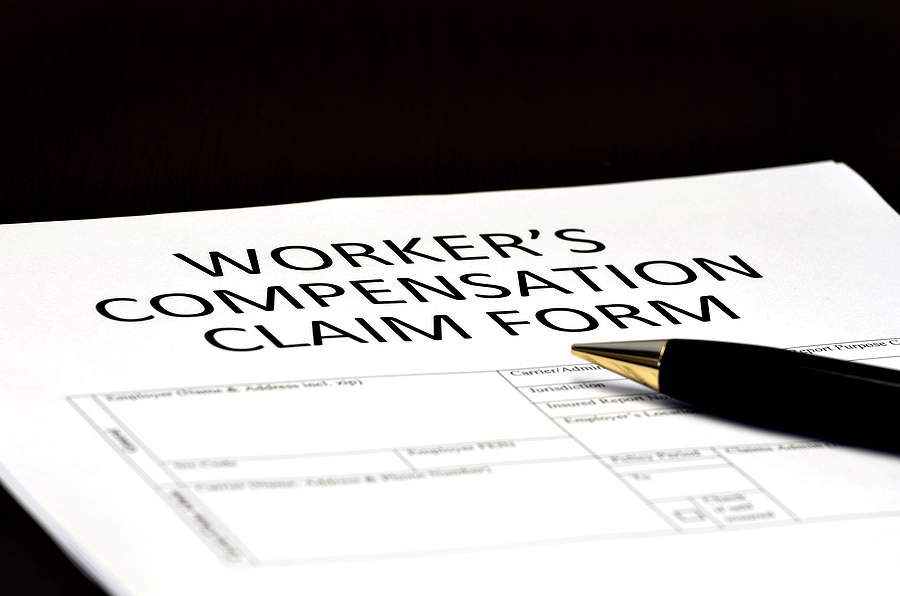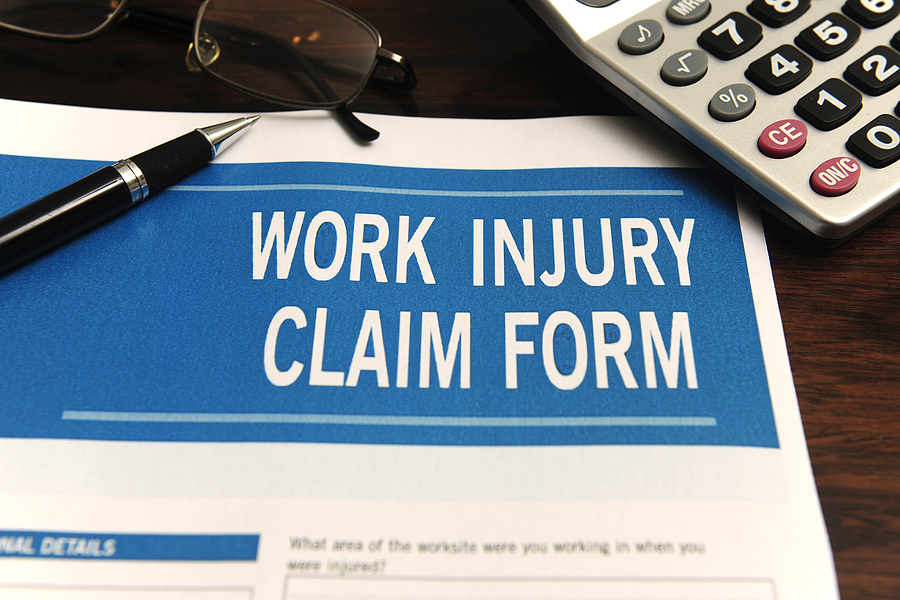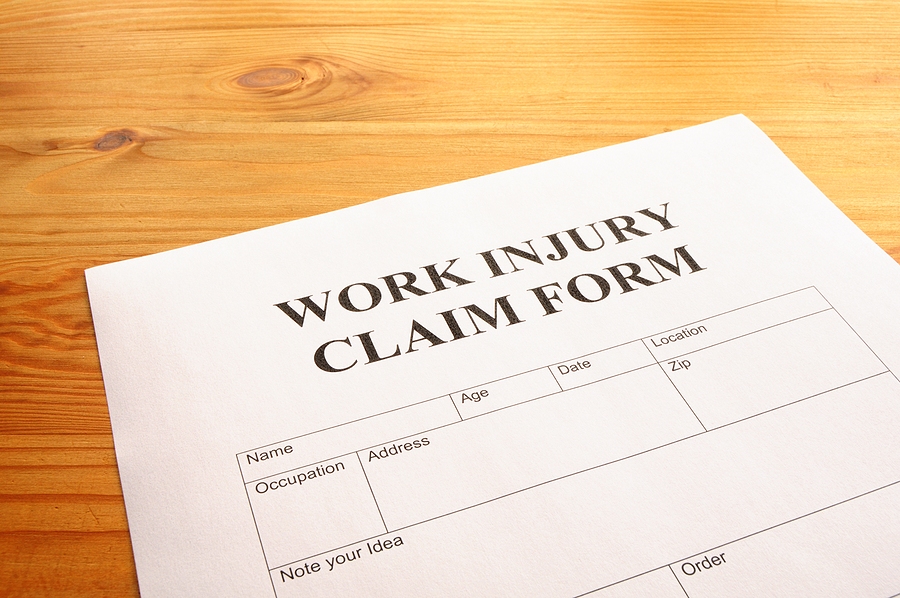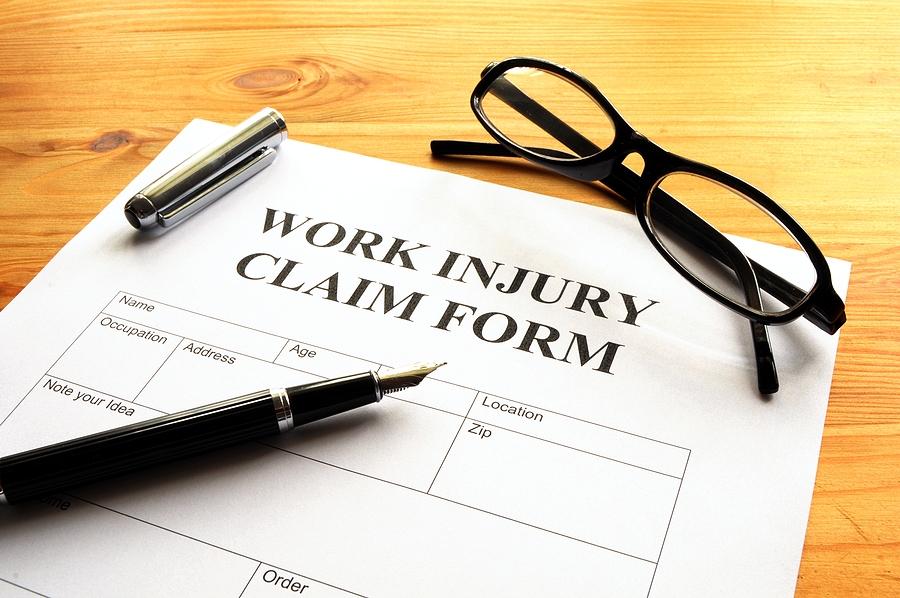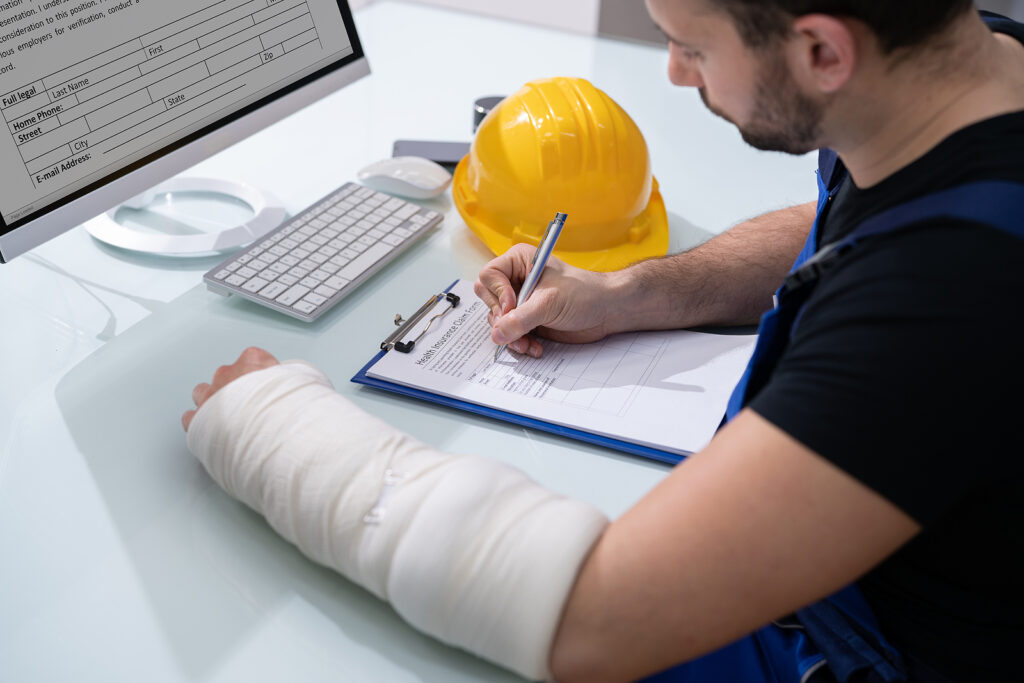When you’ve been injured on a construction site, picking the right lawyer to represent you may feel overwhelming, yet it’s a decision that can significantly impact your case. An ideal construction accident attorney is not just well-versed with the law, but also understands the complexities of construction sites.
Here, we bring you the top five factors you should consider when hiring a personal injury attorney for your construction site accident. This guide aims to help you navigate the often complex world of construction law and empower you to make an informed decision.

Most Common Types of Construction Site Accidents and Injuries
Construction sites pose a significant risk to workers due to the presence of heavy machinery, hazardous materials, tired workers and working at heights. According to the Occupational Safety and Health Administration (OSHA), falls are the leading cause of construction site fatalities, followed by being struck by an object, electrocution, and caught-in/between accidents. Other common types of injuries include fractures, head and brain injuries, spinal cord injuries, and amputations. Therefore, it’s crucial to hire a construction site accident lawyer who has experience dealing with a variety of cases and can effectively represent your best interests.
What to Look for in a Construction Accident Lawyer
1. Experience and Expertise
The number one factor you should consider when choosing a construction accident lawyer is their experience and expertise. Construction site accidents can be complicated, involving multiple parties, including the employer, contractors, and insurance companies. A personal injury attorney with years of experience in handling construction accident cases will have a better understanding of the legal process and how to navigate it effectively. Additionally, they will have the necessary expertise to evaluate your case and determine the best course of action for you.
2. Specialization in Construction Accidents
While experience in personal injury law is essential, it’s equally important to hire a lawyer who has handled construction accidents. An attorney who has handled several cases involving construction and workers’ compensation claims will have extensive knowledge of safety standards, regulations, and laws specific to the construction industry. They will also have a better understanding of how to gather evidence, interview witnesses, and document a strong case in your favor.
3. Reputation and Track Record
Before hiring a construction accident lawyer, it’s crucial to research their reputation and track record. Look for online reviews from previous clients and ask for references. A reputable injury lawyer will have a track record of successful cases and satisfied clients. It’s also essential to consider their success rate in similar cases to yours.
4. Communication and Availability
Communication plays a vital role in any legal case, so it’s crucial to hire a construction accident lawyer who is responsive and keeps you updated on your case’s progress. Your attorney should be available to answer your questions and address any concerns you may have throughout the legal process. They should also inform you of any developments in your case in a reasonably prompt manner.
5. Fees and Payment Structure
Before hiring a construction accident lawyer, it’s essential to understand their fee structure. Most personal injury attorneys work on a contingency basis, meaning they don’t charge fees upfront but take a percentage of the settlement amount if you win your case. It’s essential to discuss all fees and payment terms with your lawyer before proceeding to avoid any financial surprises down the line.
In Summary
Hiring a construction accident lawyer can seem daunting, but it doesn’t have to be. By considering these five factors, you can find a personal injury attorney who is experienced, knowledgeable, reputable, communicative, and transparent about their fees. Remember that your lawyer will be your advocate throughout the legal process, so it’s crucial to choose someone you trust and feel comfortable working with. With the right construction accident attorney by your side, you can focus on recovering from your injuries while they fight for the compensation you deserve. So don’t hesitate to seek legal representation if you’ve been injured in a construction site accident, as it can make all the difference in your case.
If you or a loved one has been injured at work or on a construction site, don’t hesitate to seek legal help to protect your rights. Contact Craven, Hoover & Blazek, P.C. at 317-881-2700 to schedule a free initial case evaluation with a seasoned construction accident lawyer in Indianapolis, today. Meet with us over the phone, video conference, or in person at our Indy office. We can also meet you at your inpatient medical treatment center if necessary.
Related Posts:
Understanding Your Rights: Personal Injury Claims After a Construction Accident
Do I Notify OSHA if Injured at Work Due to a Safety Violation?
Who is Liable for Construction Defects That Cause Personal Injury Accidents?

